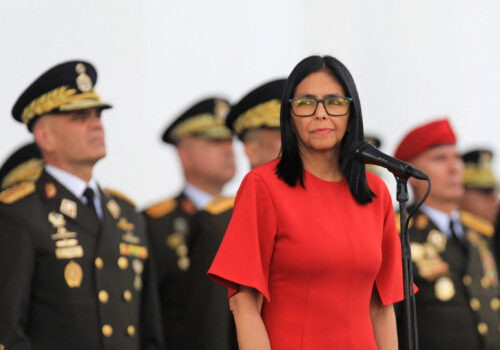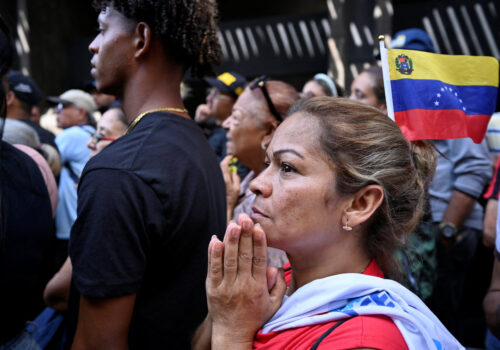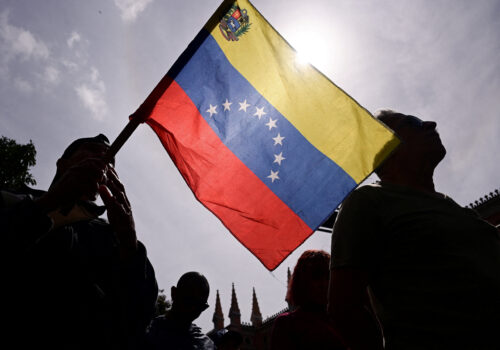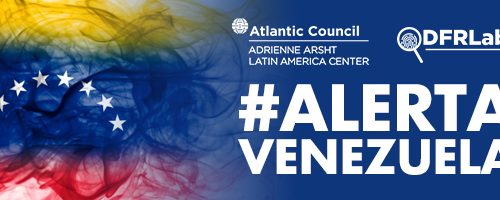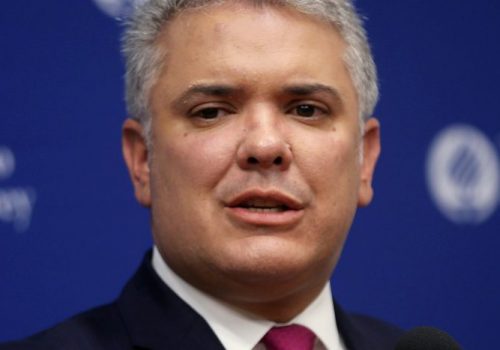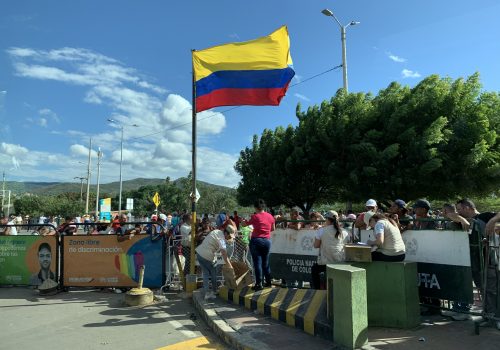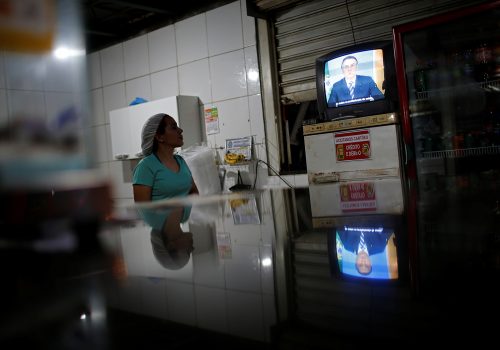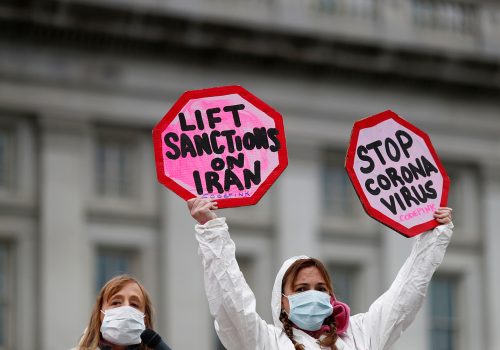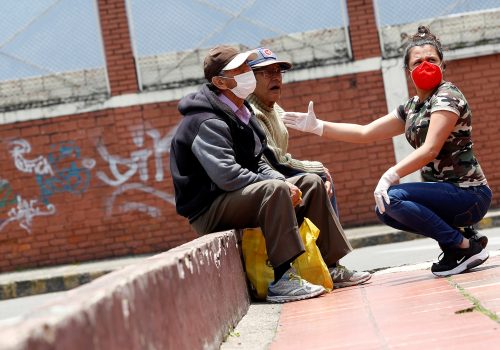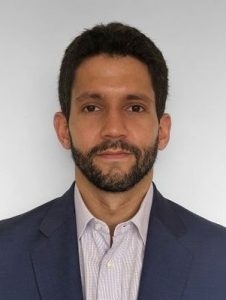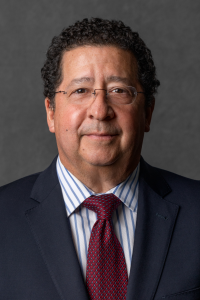Recent analysis
Programs

The Adrienne Arsht Latin America Center broadens understanding of regional transformations and delivers constructive, results-oriented solutions to inform how the public and private sectors can advance hemispheric prosperity.
The Venezuela Working Group
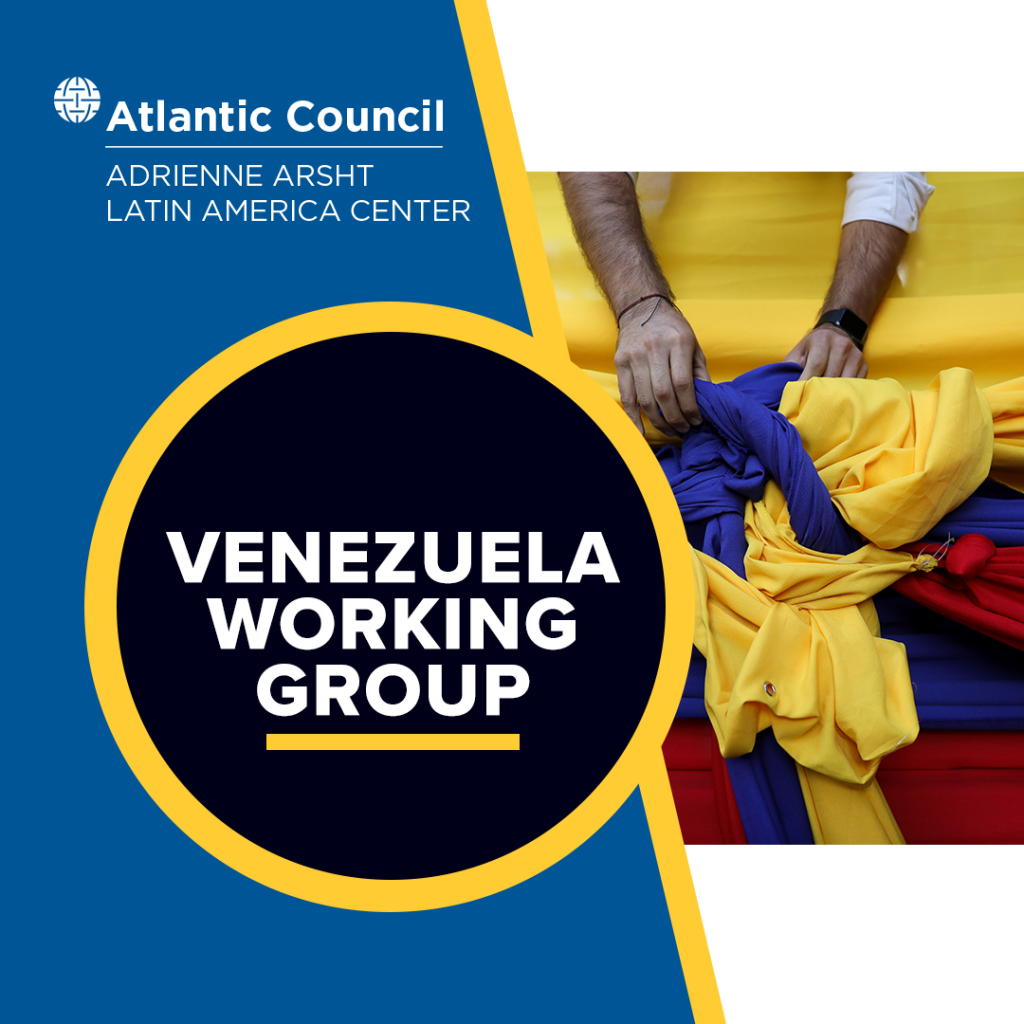
The Venezuela Working Group (VWG) is a high-level group that informs policymakers in the United States, Europe, and Latin America on how to advance a long-term vision and action-oriented policies to foster democratic stability in Venezuela. The Venezuela Working Group seeks to promote the restoration of democratic institutions in Venezuela.
VWG members draw from their diverse backgrounds, global networks, and deep expertise to tackle the most challenging issues around Venezuela policy, both at the domestic and international levels. Priority issues for the VWG’s 2021 work include: supporting Venezuela’s COVID-19 vaccination efforts; assessing risks and opportunities around upcoming regional elections; and exploring non-traditional mechanisms for effectively mitigating Venezuela’s humanitarian crisis.
